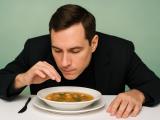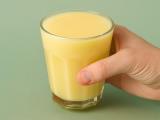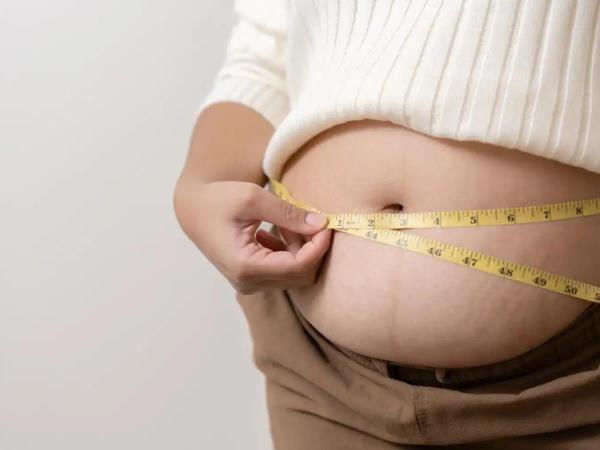But... (there's always a but)... It's about a smart combination of food, exercise, and common sense. And what's best, it's proven to work.
Weight Loss Speed – What's Realistic and What's Not?
If you want to lose a kilogram of body fat, you need to burn approximately 7000 more calories than what you consume. This means that if you reduce your calorie intake by 500 to 1000 each day, you can lose between 0.5 to 1 kg in a week – which is the recommended and healthy speed according to the National Heart, Lung, and Blood Institute (NHLBI).
If you have a higher starting weight (let's say over 110 kg), you can lose 2 to 3 kilograms in the first week, mainly due to water loss. Cutting back on salt and carbohydrates (like bread, pasta, potatoes) helps the body get rid of water retention.
What to Eat to Lose Weight Without Going Hungry?
Food is key. You don't have to starve – on the contrary, that can slow down your metabolism. Doctors advise consuming:
- fresh vegetables (high in fiber, low in calories, provides a lasting feeling of fullness),
- lean protein from meat, fish, egg whites, and legumes (rebuilds muscles and provides energy),
- limited amounts of fruit (consume moderately due to sugar but still an important source of vitamins),
- whole grain products (in smaller quantities),
- plenty of water (at least 2 liters per day).
Avoid:
- sugary drinks (even those labeled "sugar-free" – often contain artificial sweeteners that stimulate appetite),
- fatty and fried foods,
- white bread, pasta, sweets,
- alcoholic beverages (1 glass of wine = 125 calories).
How Can You Start Losing Weight Today?
A good start is to move your body every day. According to the Harvard Medical School, a 70-kilogram person can burn around 300 calories with one hour of walking, even more with brisk walking.
Adding strength training exercises (e.g., 2–3 times a week) will help you burn calories faster, even while sleeping – muscles require more energy than fat, even at rest!
And one more trick: interval training. This means exercising intensely for a few minutes, then resting, then intense again. For example: 1 minute of running, 2 minutes of walking. This method has been proven to increase calorie burn and improve endurance.
Calories – How Many Do You Really Need?
According to NHLBI, the recommended calorie intake for weight loss is:
- women: 1200 - 1500 calories per day,
- men: 1500 - 1800 calories per day.
Going below this threshold is not recommended without medical supervision, as your body may start using muscle mass instead of fat.
Psychological Pitfall: Why Do You Really Eat?
Most of the time, we don't eat because we're hungry. We eat because we're sad, angry, bored, or simply – because something good is in front of us. That's why it's wise to keep a food diary – write down what you ate, when, and how you felt. You might notice a pattern.
And if you truly recognize emotional eating as your issue – it's not a shame. A professional can help you here too.
Poor Idea: Fast Diets and Miracle Drinks
If a diet promises 3 kg in 3 days, that should raise concern. Most of these diets mainly lead to water and muscle loss. When you return to your normal diet, the weight comes back – often with interest.
Moreover, such rapid weight loss can harm the liver, kidneys, affect hormones, and mood.
One study published in The American Journal of Clinical Nutrition showed that people who lose weight rapidly are more likely to regain the pounds within a year. Meanwhile, those who lose weight gradually tend to maintain it longer.
Smart, Not Fast
Don't seek shortcuts on the path to a leaner body. Quick fixes rarely work. Instead, take your time, listen to your body, eat wisely, exercise regularly, and trust the process.
The weight went up slowly – and if it goes down a bit slower, it means the results will last longer.
And one more thing: every kilogram you lose means less pressure on your joints, heart, and even your brain. According to some studies, losing 5–10% of your body weight reduces the risk of type 2 diabetes by as much as 58%! So, if you are looking for a way to lose weight quickly but safely, the best path is a combination of eating less and moving more. You don't need miraculous powders, just a little willpower. And with each passing day, you're closer to your goal.









 Would you like to be informed about news on the website?
Would you like to be informed about news on the website?

